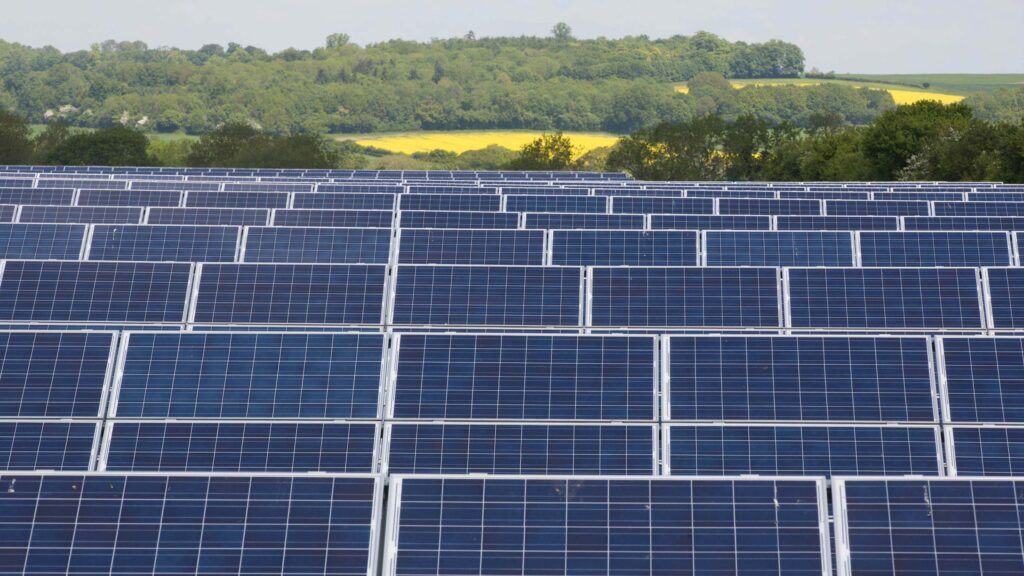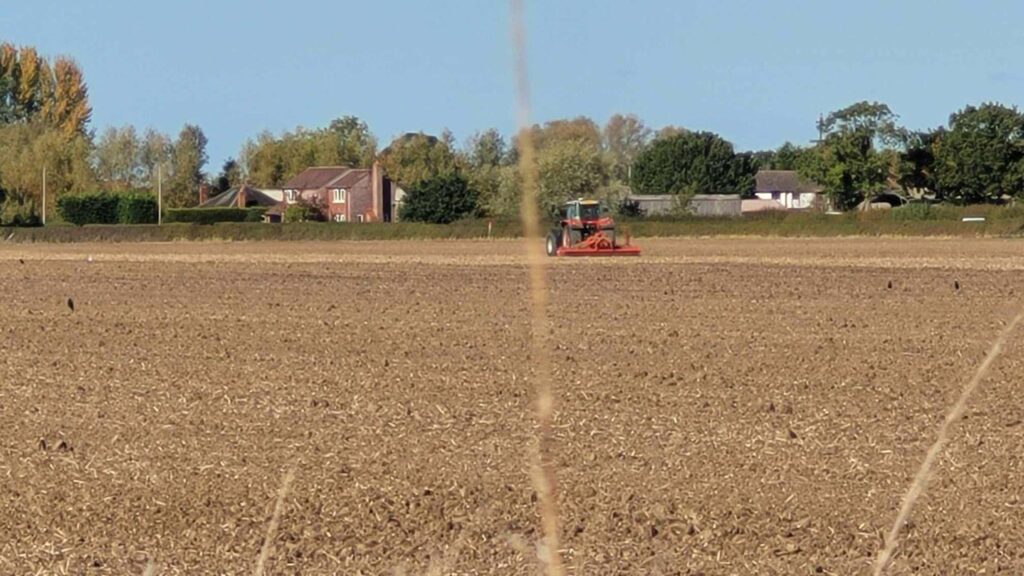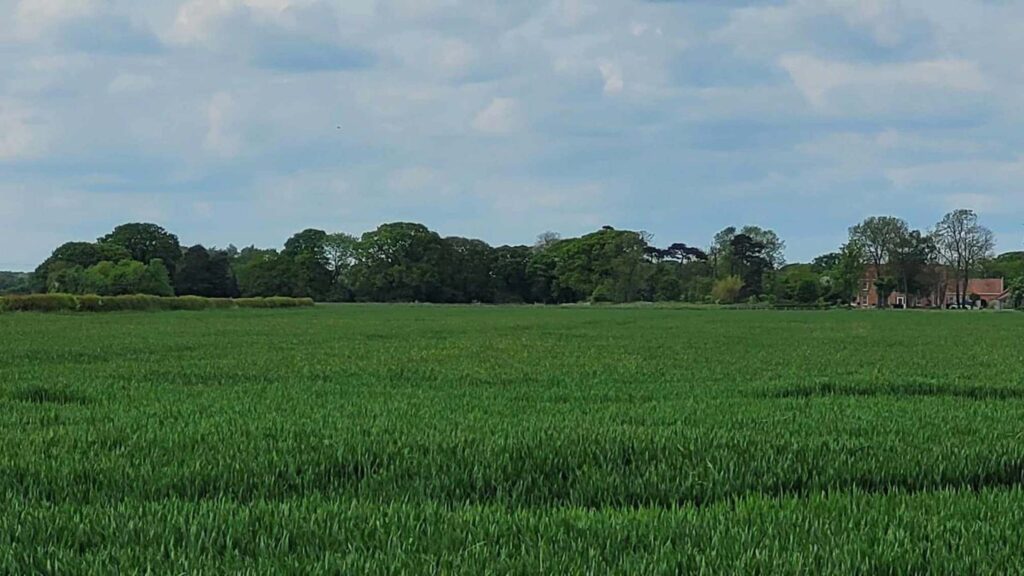Food security fears as East Yorkshire solar farm approved
 © Tim Scrivener
© Tim Scrivener Fears have been raised over food security after the government approved one of the country’s largest solar farms on fertile East Yorkshire farmland, sparking outrage from campaigners and local leaders.
The development, spanning 1,277ha across Gribthorpe, Spaldington, Wressle, and Howden, will see the installation of solar panels capable of powering 100,000 homes. However, critics argue the cost to agriculture and local communities is too high.
“This isn’t about being green,” said Victoria Aitken, a Conservative councillor on East Riding of Yorkshire Council. “It’s about bad government policy that is putting our food security at risk.”
See also: Analysis: The pros and cons of solar farm development
The scheme, proposed by developer Boom Power, was deemed a nationally significant infrastructure project, meaning local authorities had no final say. The secretary of state for energy security and net zero, Ed Miliband, approved the project on 9 May, stating that the benefits outweighed the harm.

The land in East Yorkshire that will house the solar farm © Cllr Victoria Aitken

© Cllr Victoria Aitken
The solar farm will connect to the National Grid at the Drax substation in North Yorkshire and will power 100,000 homes.
But for residents and campaigners, the decision has sparked anger and dismay. “The East Yorkshire Solar Farm is going to cover the equivalent of 1,800 football pitches or a city the size of Durham,” Cllr Aitken said. “This is prime agricultural land we should be using to grow food. Instead, we are turning it into a power station.”
Campaign group East Riding Against Solar Expansion (Erase) warned the approval marks a tipping point, opening the door to further industrial-scale projects. “This brings us a step closer to enormous swathes of agricultural land being blanketed in a million, Chinese-manufactured solar panels,” said spokesman George McManus.
More projects planned
Cllr Aitken also raised concerns about the cumulative impact, with other solar projects planned nearby. “When more and more farmland disappears, the wider country loses out. We undermine food production and make ourselves more reliant on imports.”
A parliamentary debate on large-scale solar farms is scheduled for Thursday 15 May, giving MPs the chance to challenge government policy and raise rural communities’ voices.
“This isn’t just a local issue,” Cllr Aitken said. “It’s about the future of our countryside and our ability to feed ourselves.”
Boom Power response
However, in a statement, Boom Power insisted that the East Yorkshire Solar Farm project would provide significant economic benefits for the local community, including construction jobs.
Boom Power said the solar farm design included buffer zones, wildlife habitats and permissive paths, preserving hedgerows and public rights of way, with measures informed by public consultation and an environmental impact assessment.
Mark Hogan, the founder of Boom Power, said: “The project has been meticulously designed to integrate renewable energy generation with environmental enhancements and grid stability considerations.”
